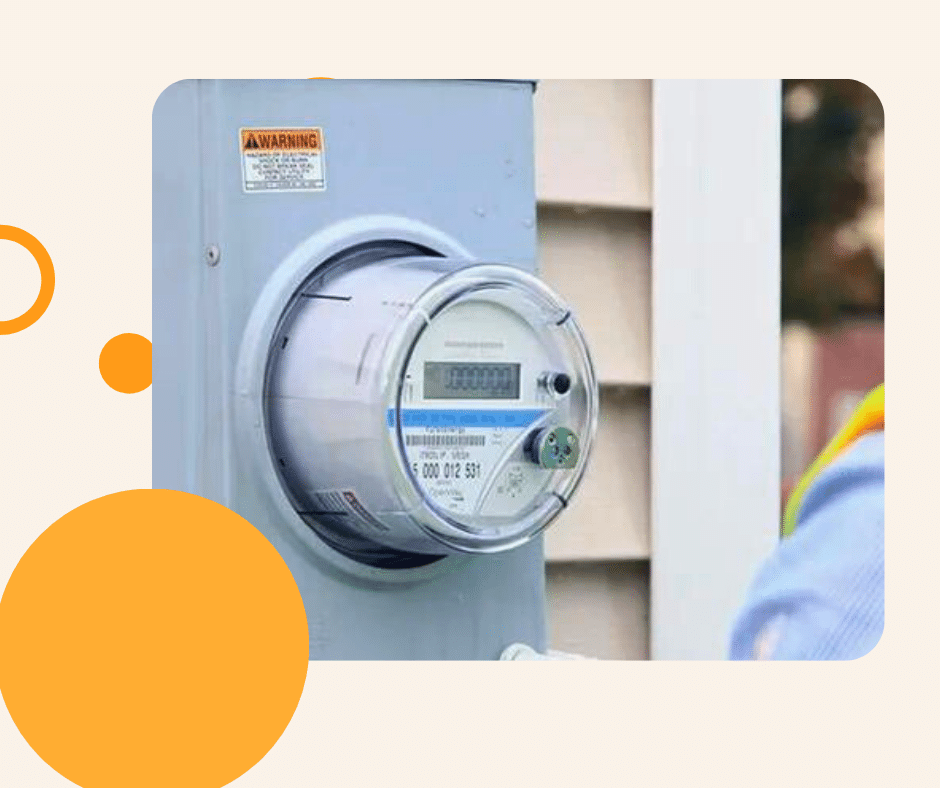Key Takeaways:
- Charging an electric vehicle typically requires 7 to 12 solar panels.
- The number of solar panels needed depends on the EV’s battery, driving habits, and location.
- Charging your EV with a home solar energy system can boost your savings and reduce your carbon footprint.
Switching to an electric vehicle (EV) is a fantastic way to reduce your carbon footprint and contribute to a more sustainable future. But have you considered how to power your EV using solar panels?
If you’re an eco-conscious driver, this blog will guide you through the process of determining how many solar panels you need to keep your EV charged and ready to go.
In this comprehensive guide, we’ll explore the energy requirements of your EV, how to calculate the number of solar panels you’ll need, and the benefits of using renewable energy.
By the end of this post, you’ll be well-equipped to make informed decisions about powering your EV with solar energy. For a little preview, here’s a video from our social media accounts:
Understanding Your Electric Vehicle’s Energy Needs
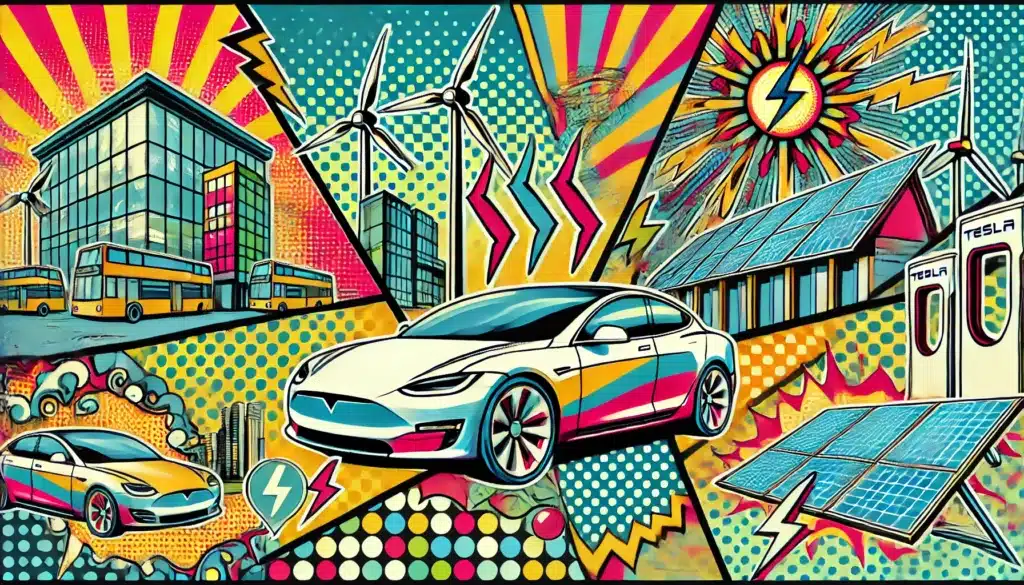
Understanding your EV’s energy needs is crucial to determining how many solar panels you will require. Your EV’s energy consumption is influenced by various factors including daily driving distance, the vehicle’s energy efficiency, and the amount of sunlight your location receives.
Calculate Your EV’s Energy Consumption
To determine how many solar panels you need, you first need to understand your EV’s energy consumption. Here’s how to calculate it:
- Daily Driving Distance: Determine how much you typically drive in a day.
- Energy Per Mile: Multiply your EV’s kWh/mi by the number of miles you anticipate driving on an average day.
- Peak Sun Hours: Divide the EV’s needed kilowatt-hours by the number of peak sun hours you can expect to receive at your location each day.
For example, if you drive 30 miles a day and your EV consumes 0.3 kWh per mile, you would need 9 kWh of electricity daily. If you get 5 peak sun hours per day, you’ll need enough solar panels to generate 1.8 kWh per hour.
Understanding these calculations helps in planning your solar panel installation effectively.
How Much Electricity Does Your EV Need to Run?
Electric vehicle batteries have relatively large capacities, typically storing between 25 and 100+ kWh. The amount of electricity required to charge an EV depends on the size of the battery and your driving habits.
If you have a Tesla Model 3 with a 75 kWh battery and drive it daily, you might need to recharge it every few days, depending on how far you drive.
This means you’ll need a system that can handle not just daily consumption but also the occasional full recharge. Accurately assessing your vehicle’s electricity needs ensures efficient solar energy utilization.
Annual Energy Usage of Your EV
According to the Federal Highway Administration, the average American travels nearly 13,500 miles annually. This translates to around 4,000 to 5,000 kWh of electricity per year, depending on the efficiency of your EV.
Understanding this annual requirement helps you plan for your solar panel installation, ensuring you can cover your yearly driving needs. By considering annual energy usage, you can better prepare for long-term energy needs.
Determining Your Solar Panel Requirements
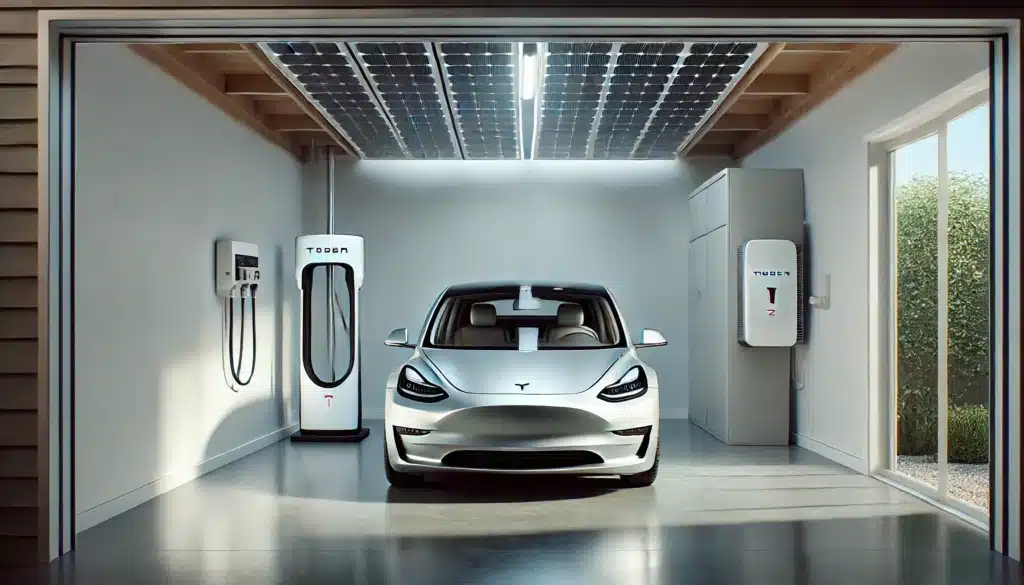
Determining the number of solar panels needed for your EV involves understanding several key factors. This includes your vehicle’s annual energy usage, the efficiency of your solar panels, and the specific conditions of your location.
How Many Solar Panels Do You Need for Your EV?
To calculate the number of solar panels required, you need to know the annual electricity usage of your car, the total wattage of the solar panels, and the production ratio of the panels. Here’s a simple equation:
Number of panels = (Annual kWh usage of EV) / (Production ratio × Panel wattage)
For instance, if your EV uses 4,200 kWh annually, and you have panels rated at 300 watts with a production ratio of 1.2, you’d need approximately 12 panels. This calculation ensures you have a sufficient number of panels to meet your energy needs.
Factors Affecting Solar Panel Needs
The number of solar panels you need can vary based on several factors:
- Location: Areas with more sunlight will require fewer panels.
- EV Model: Different EVs have different energy efficiencies.
- Driving Habits: More driving means more energy consumption.
Weather conditions, such as cloudy days, also impact solar panel performance. Hence, it’s crucial to consider these variables when planning your solar panel setup. Factoring in these elements ensures optimal solar energy production.
Example Math for Calculating Solar Panel Needs
Consider the Hyundai Ioniq 6, the most energy-efficient electric sedan on the road today.
Here’s how you can calculate your needs:
| Daily Energy Usage: | Suppose it uses 0.25 kWh per mile and you drive 40 miles daily. That’s 10 kWh per day. |
| Peak Sun Hours: | If you receive 5 peak sun hours daily, you need panels that can generate 2 kWh per hour. |
| Panel Calculation: | With 300-watt panels and a production ratio of 1.2, you’ll need around 9 panels (10 kWh / (1.2 × 0.3 kWh). |
By using these calculations, you can determine the exact number of panels required for your specific needs.
The Benefits of Renewable Energy for Your EV
Using renewable energy sources such as solar power to charge your EV offers numerous advantages. It not only reduces your carbon footprint but also leads to significant cost savings over time.
Reduce Your Carbon Footprint with Solar Energy
Charging your electric vehicle with solar panels helps offset fossil fuel grid power, making your vehicle truly carbon-neutral. By minimizing the use of grid-produced electricity, you contribute to a healthier environment.
Imagine the peace of mind knowing that every mile you drive is powered by clean, renewable energy. This environmentally friendly approach helps combat climate change and promotes sustainability.
Lower Your Electricity Bill with Solar Panels
In most cases, charging your EV with grid-produced electricity is already cheaper than fueling a gas-powered car. Pairing your EV with solar panels generates even more savings, potentially eliminating your fuel costs altogether.
Over time, the initial investment in solar panels can pay off through reduced electricity bills. The financial benefits of solar energy make it an attractive option for EV owners.
Powering Your Home and EV with Solar Energy
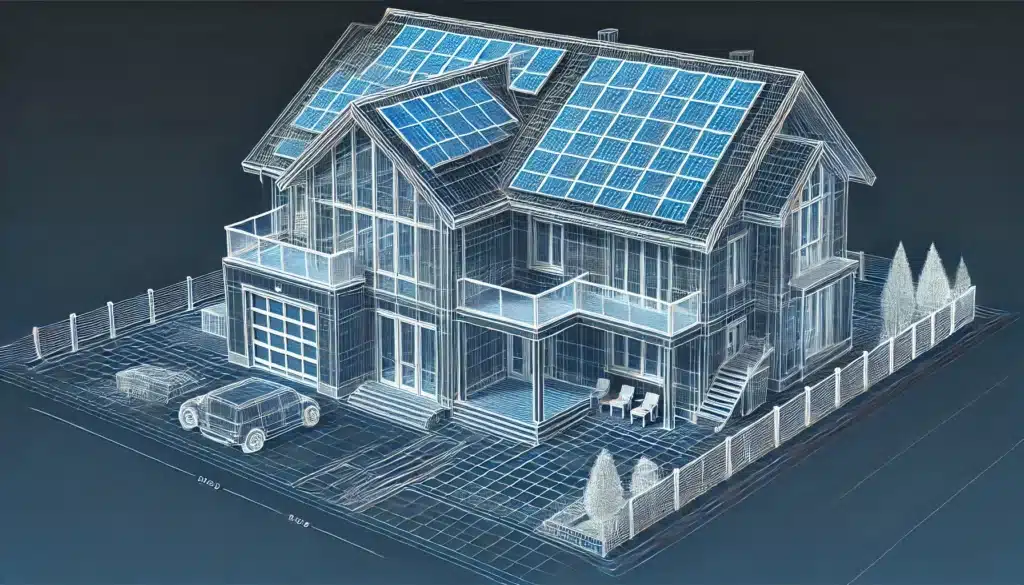
Solar energy can power not just your EV but your entire home as well. This integrated approach ensures maximum efficiency and sustainability.
Can You Power Your Whole Home with Solar Panels?
Of course, you can power your entire home with solar panels! Here’s how to calculate your needs:
Desired energy production (kW) / Solar panel wattage (kW) = Number of solar panels needed.
Sun Source Energy will help you work out your energy needs and propose a solution that they will install for you. This integrated approach ensures that both your home and EV are powered efficiently. Leveraging professional expertise guarantees optimal system design and performance.
Accommodating an EV with Your Existing Solar Panel System
Adding more panels to your existing solar system allows you to cover all your home’s energy needs, including your EV. Alternatively, you can build a stand-alone off-grid system dedicated to your car.
This flexibility ensures that you can optimize your solar energy usage based on your specific requirements. Tailoring your solar setup to your needs ensures comprehensive energy coverage.
Is It Worth It to Add More Solar Panels?
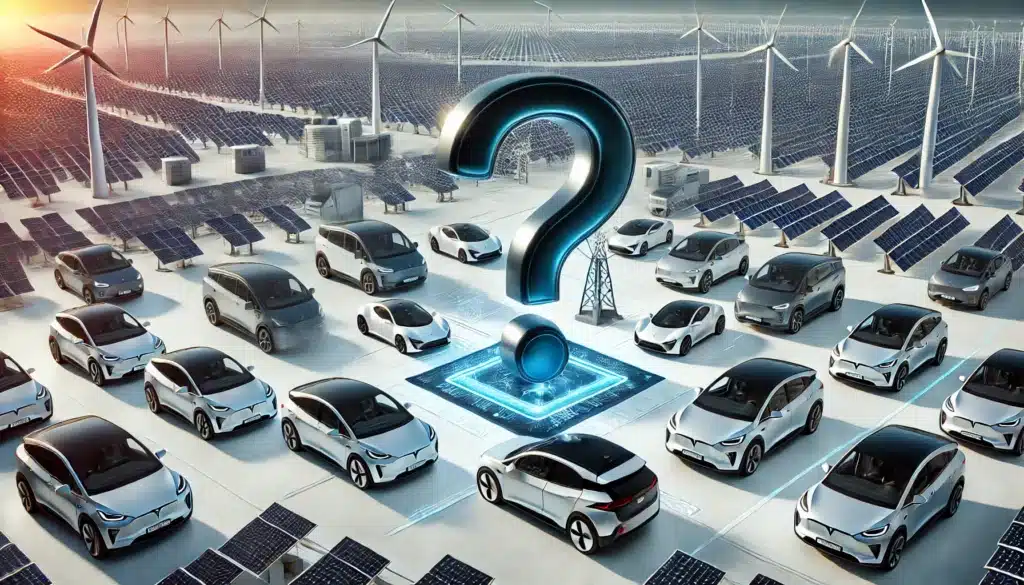
Adding more solar panels can significantly enhance your energy independence and sustainability. However, it is essential to consider both the benefits and costs involved.
Considerations for Adding More Solar Panels
Before adding more panels, determine your goals for your solar charging system. Do you want to charge your car using solar panels?
In most cases, you’ll need to install a battery or other storage system to ensure you have enough power at all times. Ensuring a continuous power supply is crucial for optimal performance.
Weighing the Costs and Benefits of Additional Solar Panels
Adding more solar panels can increase your energy independence and reduce your reliance on grid power. However, it may also increase the upfront cost of your solar energy system.
Weighing these factors helps you make an informed decision that aligns with your financial and environmental goals. Balancing cost and benefits ensures a wise investment in solar energy.
Empowering Your Electric Vehicle with Solar Energy for a Sustainable Future
Solar panels for electric vehicles offer a sustainable and cost-effective way to power your EV. By understanding your energy needs and calculating the number of panels required, you can take a significant step toward a greener future.
For personalized advice and the best financing options, reach out to an expert Sun Source Energy solar consultant today.





